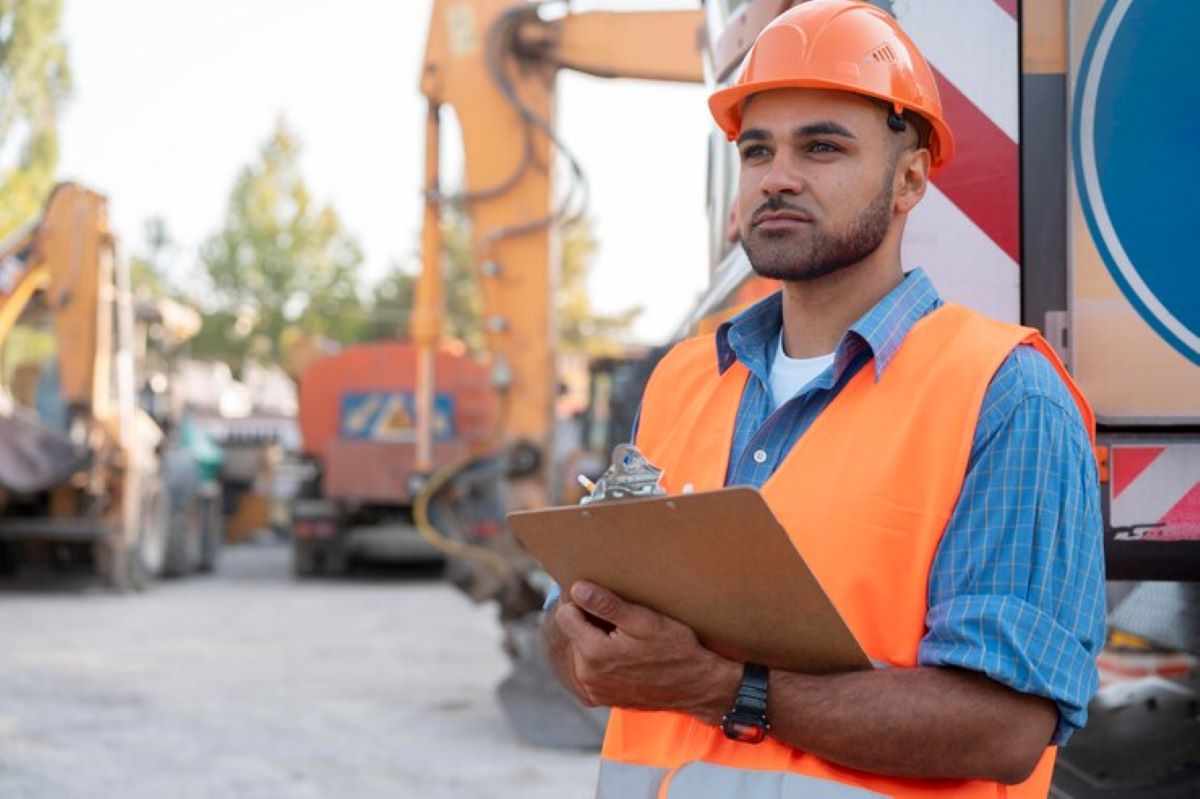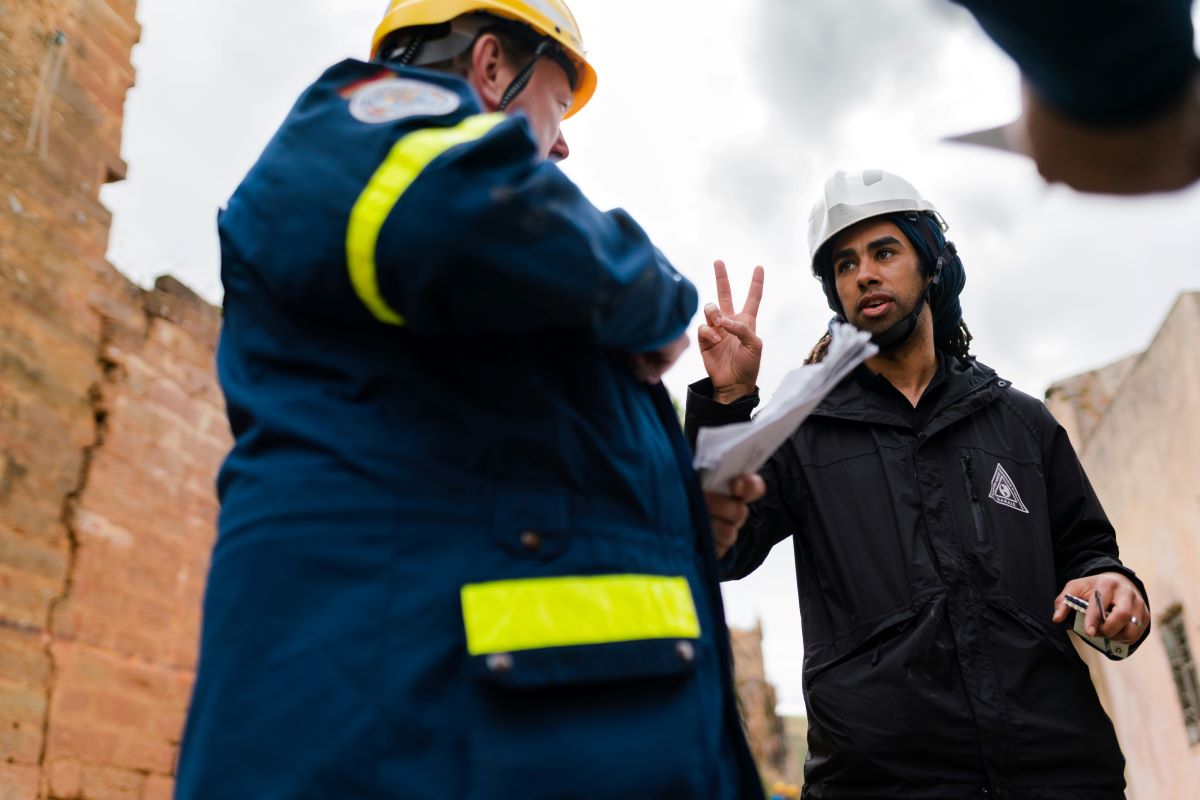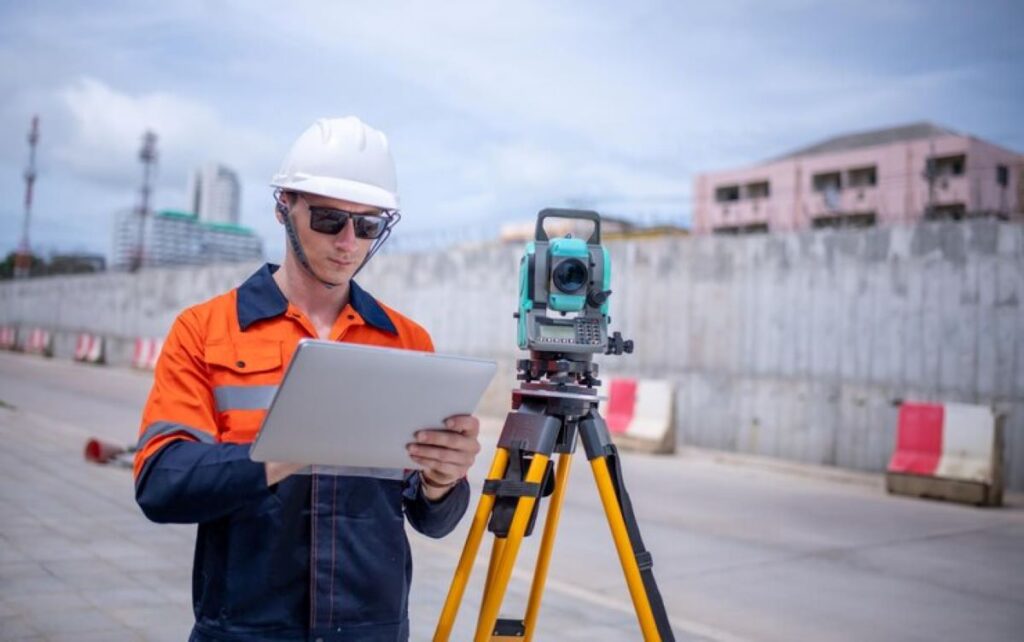Engineering surveyors play a crucial role in the intricate world of property planning and design. Their expertise lies not only in measurements but in interpreting data to ensure a project meets all necessary requirements. In this article, we’ll delve into their essential contributions and how they blend technical skills to foster innovative and sustainable designs.
Understanding the role of engineering surveyors in property planning
At the heart of property planning is the engineering surveyor, who acts as the bridge between raw land and developed property. These professionals are responsible for a plethora of tasks, starting with accurate land measurement that serves as a foundation for all subsequent design work.
The importance of accurate land measurement
Accurate land measurement is paramount because even the slightest error can have far-reaching consequences. Engineers and architects rely heavily on precise data to ensure that their designs fit within the physical constraints of the land. Whether it’s determining boundaries, calculating elevations, or surveying the topography, engineering surveyors ensure the integrity of measurements, which, in turn, protects investments and assures compliance with regulations.
Furthermore, accurate measurements can help avoid costly mistakes later in the project, which could lead to budget overruns or delays. Without this foundational work, every step that follows might be built on shaky ground, quite literally!
Interpreting and presenting data for property design
Once the measurements have been taken, engineering surveyors engage in interpreting this data. This involves translating complex geographical information into a format that architects and planners can readily use. Through detailed reports and sophisticated visual aids, surveyors present their findings, ensuring that every stakeholder has a clear understanding of what the data means for their project.
This data presentation not only supports design decisions; it also becomes a vital tool for communication among the various teams involved. With all parties on the same page, projects can progress more smoothly and efficiently.
The intersection of engineering and surveying
Engineering surveying is where the worlds of engineering and surveying converge, creating a unique blend of skills and knowledge. This intersection is vital for the success of any construction project, as it combines the technical aspects of engineering with the practical applications of surveying.
The blend of technical skills required
To excel as an engineering surveyor, one must possess a robust set of technical skills. Proficiency in the use of advanced surveying equipment, such as GPS and total stations, is essential. Moreover, engineering surveyors must be adept at employing software tools that allow them to analyse data and create comprehensive site plans.
Beyond technical prowess, these professionals also require problem-solving skills and an analytical mindset. Each project presents unique challenges, and the ability to devise practical solutions is what sets skilled surveyors apart from their peers.
How engineering surveyors contribute to sustainable design
With an increasing emphasis on sustainability in construction, engineering surveyors are stepping up to the plate. Their role is critical in ensuring that property designs are environmentally friendly and adhere to sustainability practices. This includes assessing the land’s characteristics, identifying potential environmental impacts, and recommending sustainable materials and methods.
Engineering surveyors help create designs that not only meet aesthetic and functional requirements but also consider the environmental footprint of a project. By integrating sustainable practices into their work, they contribute to a more eco-friendly approach to property planning.
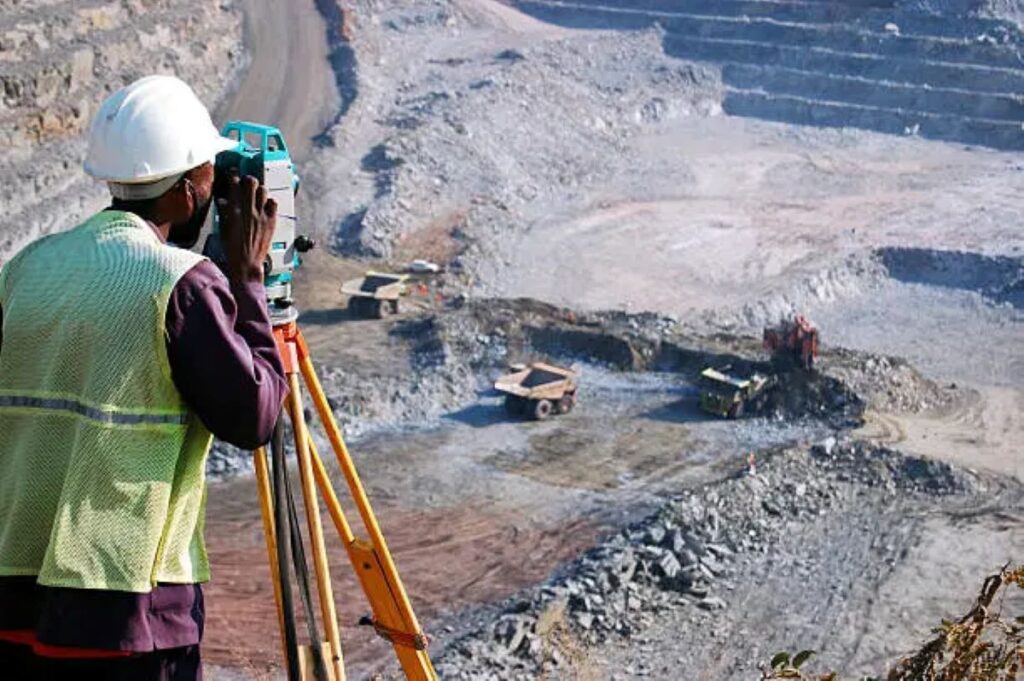
The process of property planning with engineering surveyors
The property planning process is meticulous, requiring careful execution at each stage. Engineering surveyors are involved right from the initial site assessment through to the final design phase, ensuring a cohesive workflow.
Initial site assessment and feasibility studies
The first step in any property development is the initial site assessment. Engineering surveyors conduct feasibility studies to evaluate whether the proposed project is viable. This involves analysing land conditions, local zoning laws, and environmental regulations, which all inform the planning process.
Such assessments are crucial in determining the strengths and weaknesses of the site. By identifying potential issues early on, engineering surveyors can provide insights that help in making informed decisions before any plans move forward.
Detailed design and planning phase
After the preliminary assessments, engineering surveyors transition into the detailed design phase. At this stage, they collaborate closely with architects and engineers to create detailed site plans that adhere to all regulations and stipulations.
Their involvement is not merely as consultants but as integral team members who help ensure that designs are practical, safe, and within legal boundaries. It’s about transforming ideas into actionable plans while maintaining the project’s overall vision.
The impact of engineering surveyors on property design
The contributions of engineering surveyors to property design cannot be overstated. Their work ensures that designs not only meet regulatory standards but also resonate with aesthetic values and functionality.
Ensuring structural integrity and safety
One of the primary responsibilities of engineering surveyors is to ensure the structural integrity and safety of any property design. By providing accurate measurements and comprehensive data, they help identify potential issues in the design phase that could compromise safety once construction begins.
This proactive approach enables project teams to make necessary adjustments before construction, thereby safeguarding not only the integrity of the building but also the well-being of its future occupants.
Enhancing aesthetic appeal and functionality
In addition to safety, engineering surveyors also play a role in enhancing the aesthetic appeal and functionality of property designs. By understanding the lay of the land and how different elements interact within the environment, they provide insights that influence architectural choices.
Whether it’s suggesting optimal locations for features or assessing how designs integrate with natural landscapes, engineering surveyors are key players in creating spaces that are both beautiful and usable.
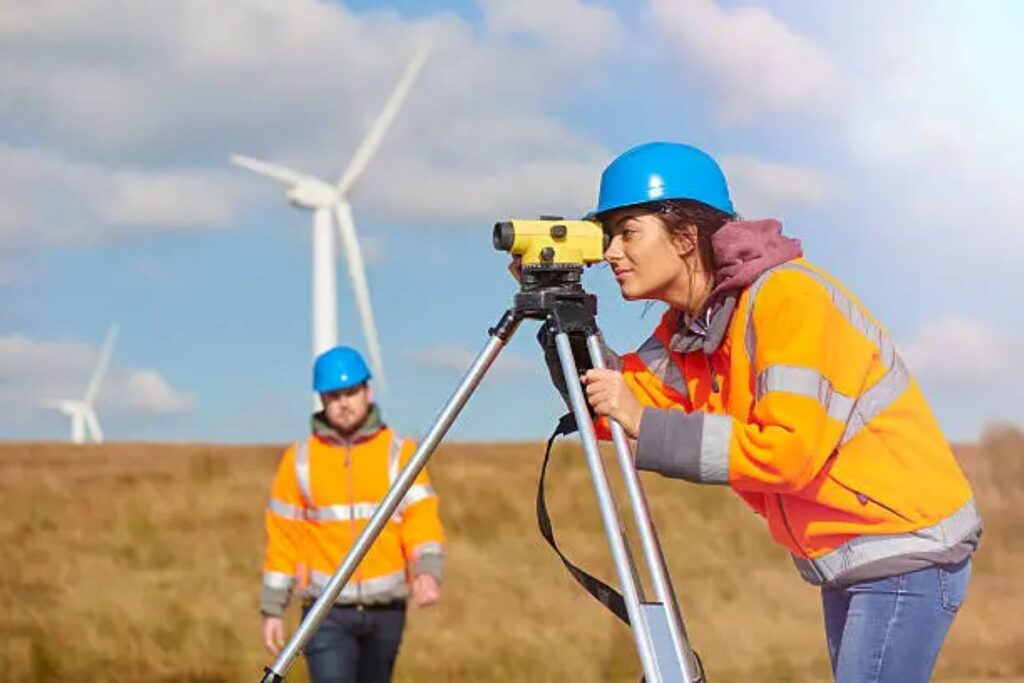
Future trends in engineering surveying
The field of engineering surveying is continuously evolving, particularly with advances in technology and growing awareness of sustainability. Looking ahead, these trends promise to redefine the practices and approaches within the industry.
The role of technology in modern surveying
Technology is revolutionising how engineering surveyors work. The advent of drones, 3D modelling software, and automated surveying equipment are just a few examples of innovations that are transforming the landscape of surveying.
These technologies enhance precision in measurements and increase efficiency in the data collection process. As surveyors embrace these advancements, they not only improve their own practices but also deliver better outcomes for their clients. CheckOut more about How Engineering Surveyors Ensure Accurate Land Assessments
Sustainability and green design in property planning
Sustainability will continue to be a focal point in property planning, and engineering surveyors will lead the charge. As communities seek to minimise their environmental footprints, surveyors will play a critical role in implementing green design principles into property developments.
This shift towards sustainability reinforces the idea that engineering surveyors are not just experts in measurement and design, but also champions of responsible environmental stewardship, ensuring that future developments harmonise with their surroundings.
In conclusion, engineering surveyors are indispensable contributors to property planning and design. Their expertise in accurate measurements, data interpretation, and sustainable practices shapes the built environment, ensuring that developments are safe, functional, and aesthetically pleasing. As technology evolves and sustainability gains traction, the future of engineering surveying promises to be both exciting and impactful.
